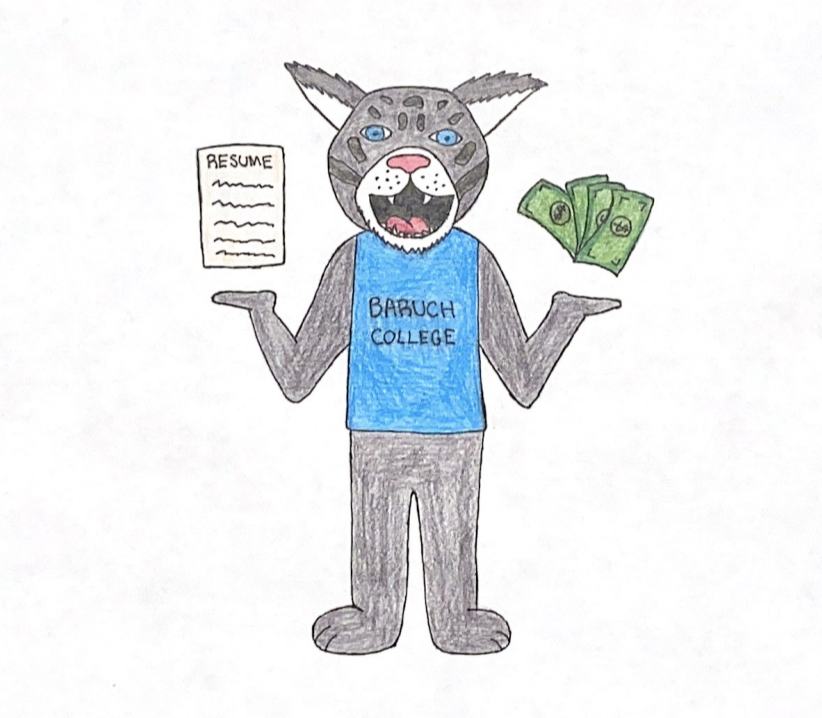Unpaid college internships take advantage of hardworking students
October 8, 2021
No matter how insightful internship opportunities are for many college students, internships, if unpaid, are underhanded.
Carlos Mark Vera, a student at American University and an unpaid intern at the White House, the European Parliament and the House of Representatives, also had to work as a waiter to support himself, as reported by CNBC.
“Coming from a working-class background, I couldn’t ask my parents for money. So what I did was I interned about 30 hours a week. I was taking a side job, working at 20 hours, and then taking six courses as a 17-year-old,” Vera said.
As more college students participate in internships, increasing from 17% in 1992 to 75% this year, more college students are voicing opposition against unpaid internships, which nowadays are inevitable for securing a job.
In a lot of cases, employers call this exploitation a good opportunity for young inexperienced college students. As unfair as it sounds, unpaid internships are completely legal.
The Fair Labor Standards Act of 1938, “establishes minimum wage, overtime pay, recordkeeping, and youth employment standards affecting employees in the private sector and in Federal, State, and local governments,” according to the U.S. Department of Labor.
Although the act requires employers to pay their employees, the 1947 Supreme Court case Walling v. Portland Terminal Company ruled in a way that makes it okay to not pay interns.
In Walling v. Portland Terminal Company, the Portland Terminal Company gave prospective yard brakemen training courses that lasted for seven or eight days. Unpaid trainees sued the company, but the Court’s decision justified them not getting paid.
To this day, many employers are not found guilty for not paying interns.
The COVID-19 pandemic also worsened the situation.
“During recessions or this pandemic, the trend that we find, that started in 2008, was you started seeing less paid internships, more unpaid internships, and then employers replacing entry-level jobs with unpaid internships,” according to Vera, who is also a co-founder of a nonprofit called Pay Our Interns.
To a deeper extent, unpaid internships are a sign of inequality. Since children of the poor, especially those in underserved communities, cannot afford to accept unpaid positions that provide experience and build connections, they are barred from many opportunities.
“Young strivers without money in the bank had to make a tough choice: an unpaid internship and the connections it made, or an hourly job that paid money to help pay the rent, or tuition, or for textbooks,” according to the Daily News.
Recently, congressional leaders, including Rep. Alexandria Ocasio-Cortez and Rep. Ayanna Pressley, signed a letter demanding the Department of Labor enact more reporting requirements around unpaid internships.
Lawmakers also want “an awareness campaign on intern rights,” as reported by Insider.
Although more people are now aware of the importance of paying interns, more action is needed.
Interns’ contributions should not be sold short because of their inexperience.






